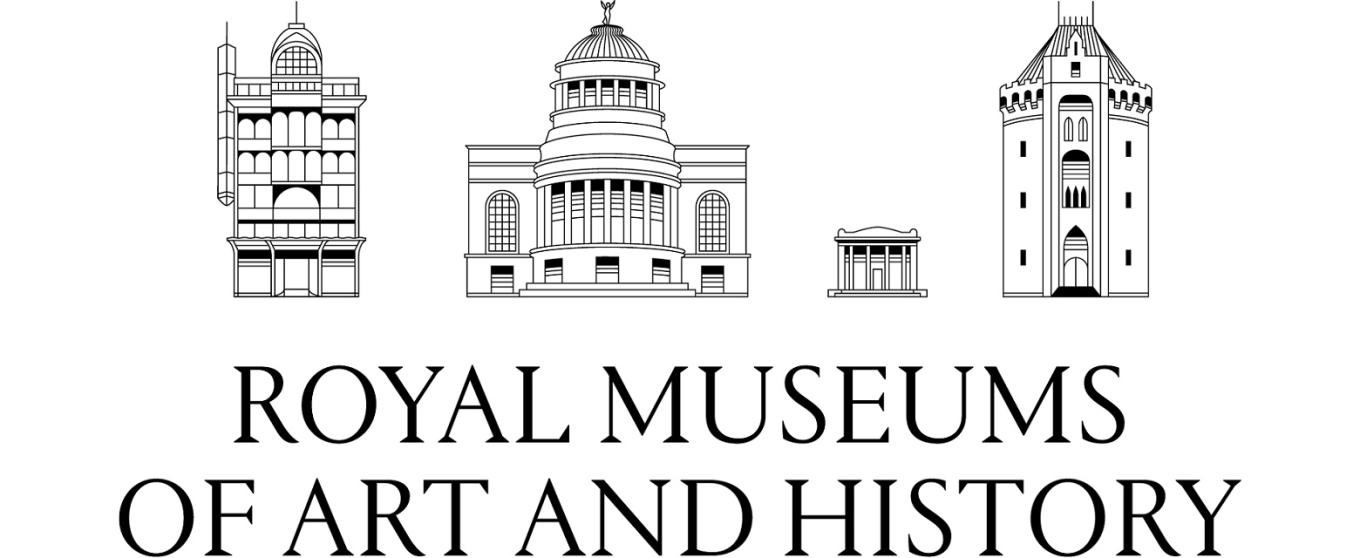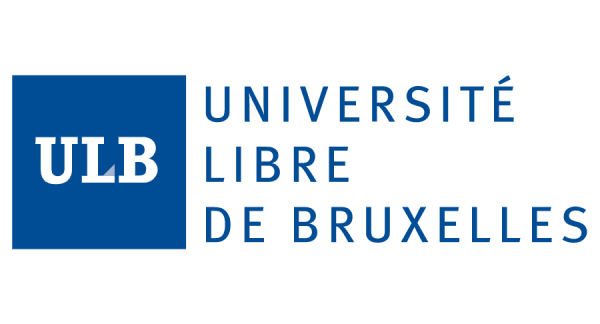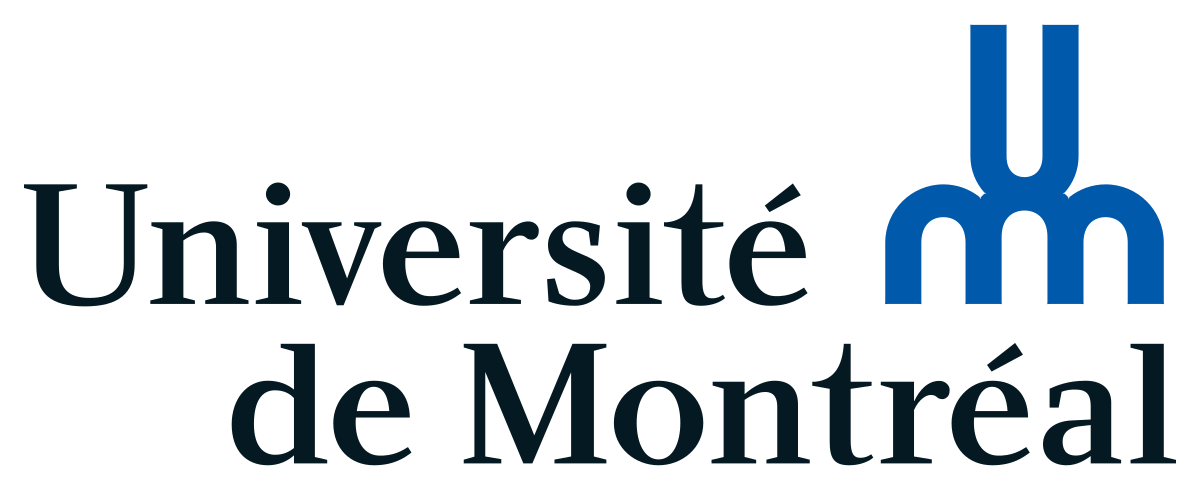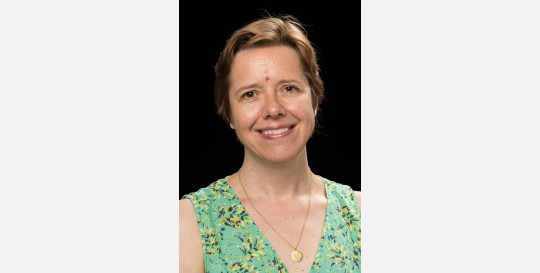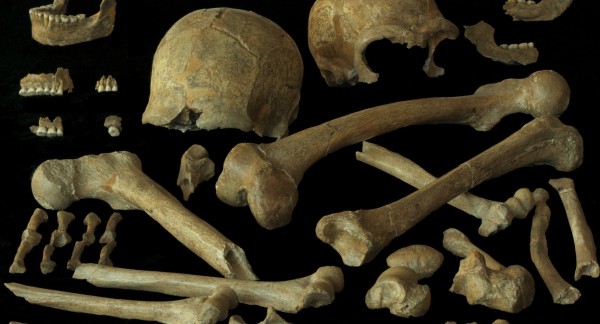HOME project
Completed
15.12.19 → 15.12.22
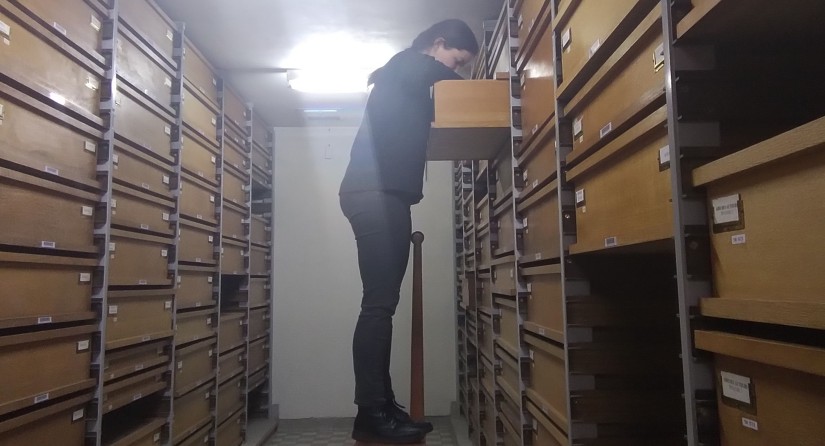
Human remains Origin(s) Multidisciplinary Evaluation
The Human remains Origin(s) Multidisciplinary Evaluation (HOME) was a BRAIN project which ran from December 2019 to December 2022. The objectives of the HOME project were to inventory the physical human remains and associated information from the archives on the historical, scientific, legal and ethical background of the human remains hosted by the Belgian Federal Scientific Institutions, as well as provide an overview of human remains in other public, academic and private collections in Belgium. This included examining all relevant documentation and archival documents associated with these remains to examine how they were acquired, under what circumstances and if there have been any previous repatriation requests, etc. The aim of the project was also to use specific case studies of the human remains collections in order to analyse different management outcomes for the collections, and to do this by talking with a broad range of stakeholders (government actors, source community representatives, academic experts and museum staff) from the countries of origin.
The deliverables of the project included inventories of the collections and associated documents in the different institutions. The reports also advised on how to best manage the diverse human remains collections in Belgium as well as to propose management scenarios in response to existing and future requests of repatriation.
A final press conference was held on the 29 March 2023 jointly with Belgian Bioethics committee to give the results of the project, which is primarily the Recommendations and Executive summaries of the partners. A special edition of the Anthropologica et Praehistoria journal is forthcoming in 2024 which will contain articles based on the HOME project.
If you wish to get in touch with us about the recommendations, the human remains collections or repatriation please contact Tara Chapman or Patrick Semal.
Internal members
- Patrick Semal (Coordinator)
- Tara Chapman (Scientific coordinator)
- Caroline Tilleux
- Caroline Polet
Partners
Royal Museums of Art and History (RMAH), Royal Museum of Central Africa (RMCA), Nationaal Instituut voor Criminalistiek en Criminologie (NICC), Nationaal Instituut voor Criminalistiek en Criminologie (NICC), Université Libre de Bruxelles (ULB), University of Montreal (UdeM).
